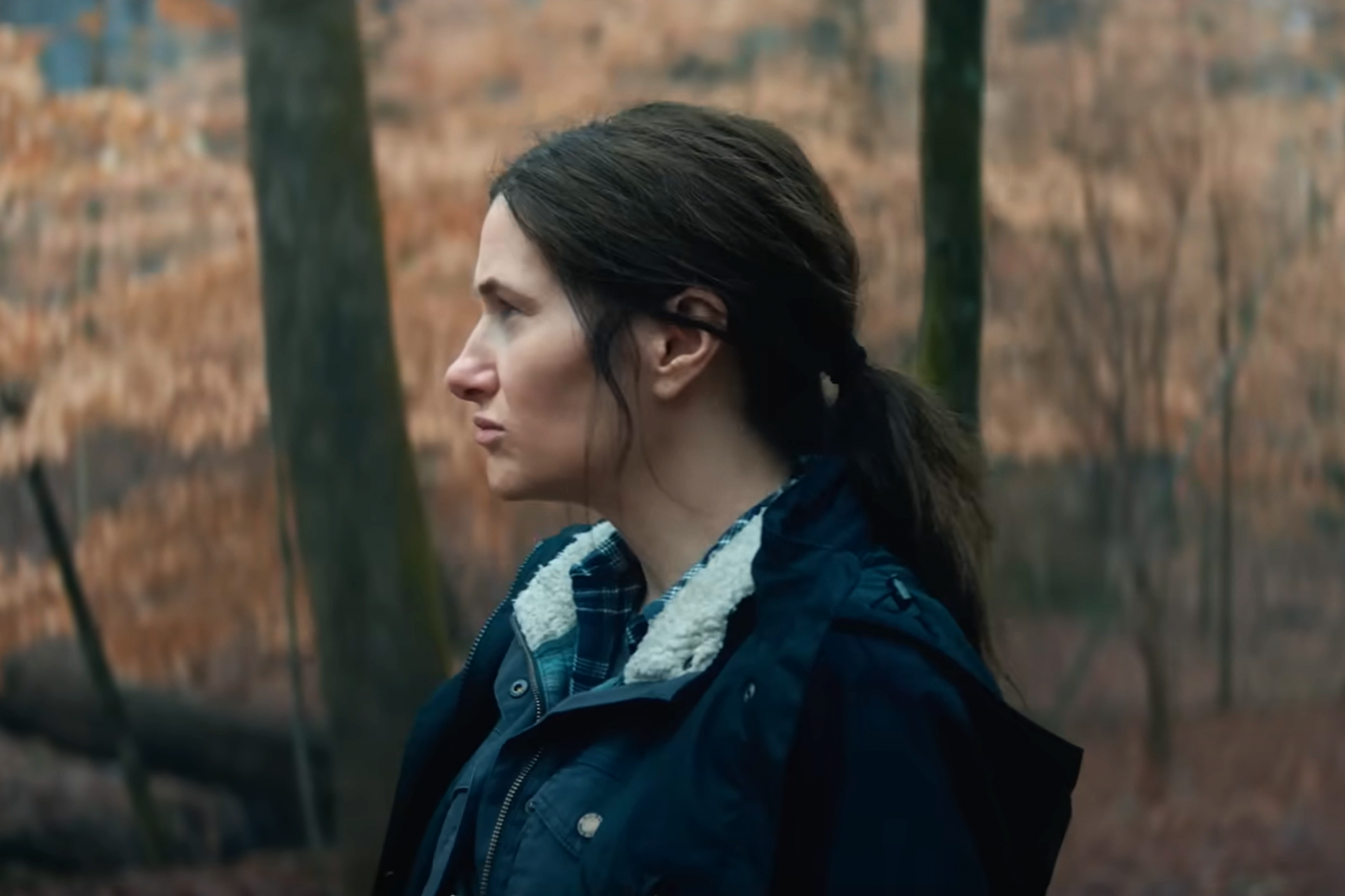By this point, you’ve probably had enough of Marvel. It’s understandable.
Despite the Marvel Cinematic Universe’s overwhelming success, the franchise received a fair share of criticism since the release of Avengers: Endgame. In the film’s wake, many see Marvel as a listless machine.
Marvel’s first foray into television, WandaVision, was considered a rare breath of fresh air for the franchise. Nearly four years since its debut, its spinoff, Agatha All Along, concluded this week.
Since WandaVision’s success, the quality of Marvel’s television offerings faltered with misses like She-Hulk: Attorney at Law, Secret Invasion, and Echo, but with Agatha All Along, Marvel enters unfamiliarly elevated — and delightfully queer — territory.
Led by Kathryn Hahn, who returns for the title role, the series picks up three years after WandaVision. In that show, Wanda Maximoff, the Scarlet Witch, used her magical abilities to create twins named Billy and Tommy. She’s soon forced to end her spell and dissolve her children from existence after battling Agatha Harkness, a manipulative survivor of the Salem witch trials.
[SEE haunted house returns for a night of makeshift terror]
In Agatha All Along, the centuries-old witch returns, freed from a binding spell by a mysterious, unnamed Teen, played by Heartstopper’s Joe Locke. Together, they gather a coven and walk the legendary Witches’ Road to regain Agatha’s magic. Aubrey Plaza, Sasheer Zamata, Ali Ahn, Debra Jo Rupp and Patti LuPone round out the ensemble cast. Jac Shaeffer returns as showrunner, having previously led WandaVision.
Agatha All Along’s independence establishes it as unique amongst Marvel’s latest offerings. Despite following WandaVision, the prior series isn’t required reading. It may assist certain payoffs, specifically toward the show’s back half, but Shaeffer ensures that Hahn’s series stands on its own.
Agatha might be the titular role, but she shares the series’ central focus. Locke’s Teen is revealed as the motivating character behind the plot when he frees Agatha from her spellbound state and spurs the creation of the coven and journey down the Witches’ Road.
Teen is unveiled as Billy Maximoff, Wanda Maximoff’s semi-fictional son who supposedly perished alongside his twin in WandaVision. This reveal inverts the series’ first episode, but also introduces one of Marvel’s most popular gay superheros, Wiccan, Billy’s alter ego.
Although Marvel boasted its inclusion of an explicitly gay superhero in 2021’s Eternals, the film flopped at the box office and a sequel was reportedly scrapped.
Not only does Billy share a kiss with his boyfriend in the sixth episode, but Agatha takes part in the Marvel Cinematic Universe’s first lesbian kiss with Plaza’s character, who’s revealed to be the antagonistic cosmic entity Death.
Agatha All Along’s LGBTQ+ cast marks a reversal for Walt Disney Pictures, Marvel Studios’ parent company. In September, IGN reported that Disney executives allegedly made notes to make Inside Out 2’s protagonist, Riley, “less gay.” The Pixar sequel went on to become the highest-grossing film of the year so far.
Not only does Agatha All Along rebuke that sentiment, but it does so through a series that is as well-crafted as it is entertaining. The series’ complex mysteries unfold carefully, keeping one step ahead of the audience at each turn.
While consistently well written, the seventh episode is easily the show’s highlight. It’s a time-jumping display of LuPone’s superb theatrical abilities that encapsulates the show’s central questions of death, purpose and belonging.
[Tyler, the Creator’s ‘Chromakopia’ retains unique style with minimal skips]
The entire ensemble impresses, but Hahn takes center stage. She was nominated for an Emmy for her portrayal of Agatha in WandaVision, and her performance here is a step up. She’s wickedly unpredictable and a perfect foil to Locke’s Billy, a similarly tricky yet more serious character. Schaeffer’s deft scripts allow for a constant interplay of comedy with horror-infused drama, the perfect seasonal concoction.
Seeing LGBTQ+ heroes and villains starring in a Marvel production is long overdue, and the representation feels anything but pandering. Locke, Hahn, Plaza and the rest authentically blend LGBTQ+ identities into Marvel’s greatest televised achievement yet. Agatha All Along is a triumph for the studio, both a long-awaited landmark and a step in the right direction for Marvel television.
Wherever Agatha goes next, we’ll all be sure to follow along.



